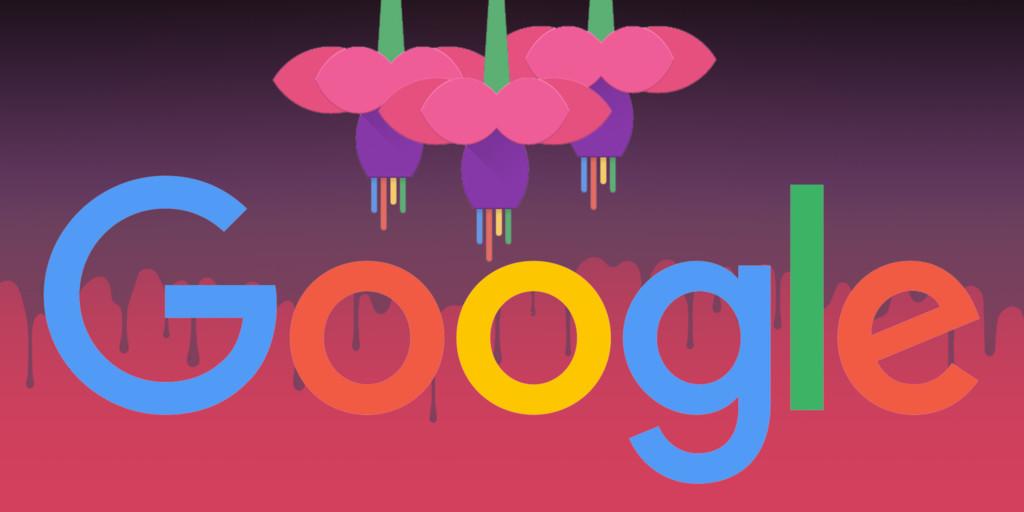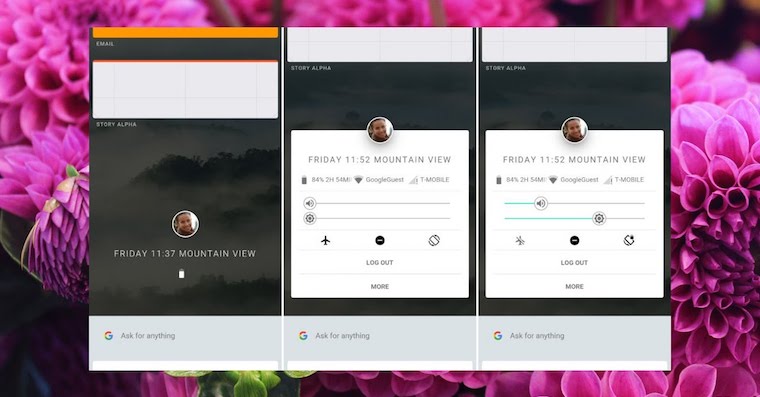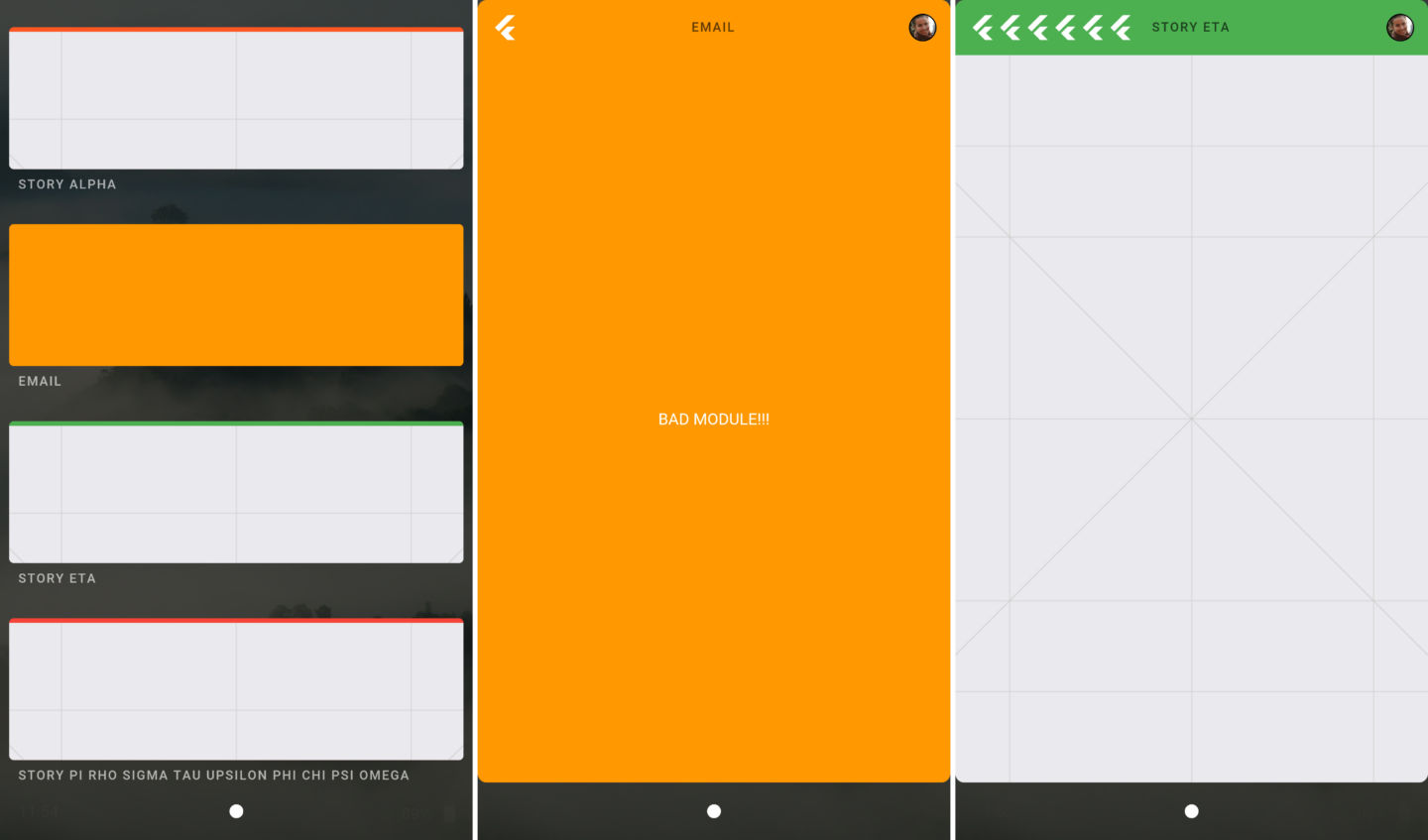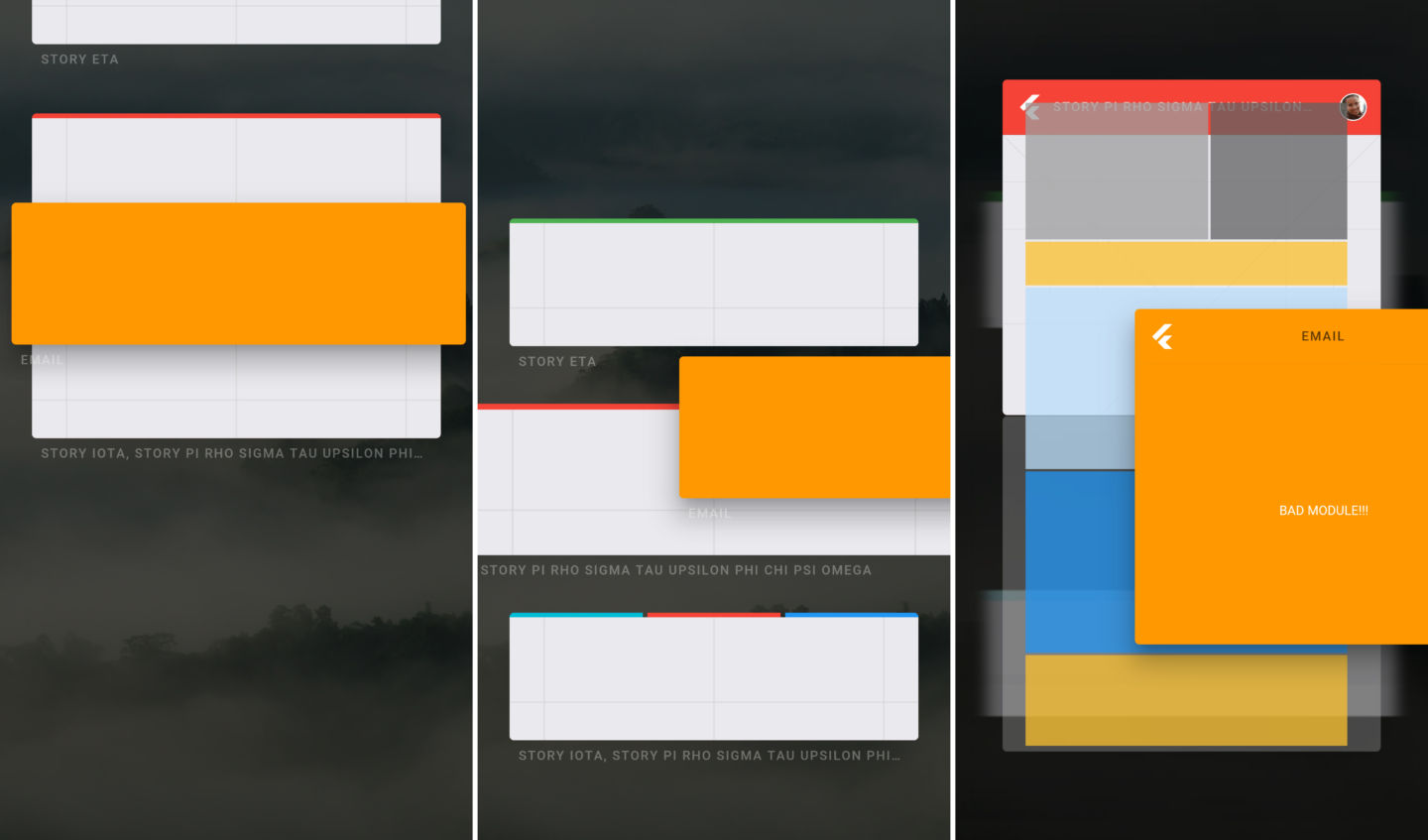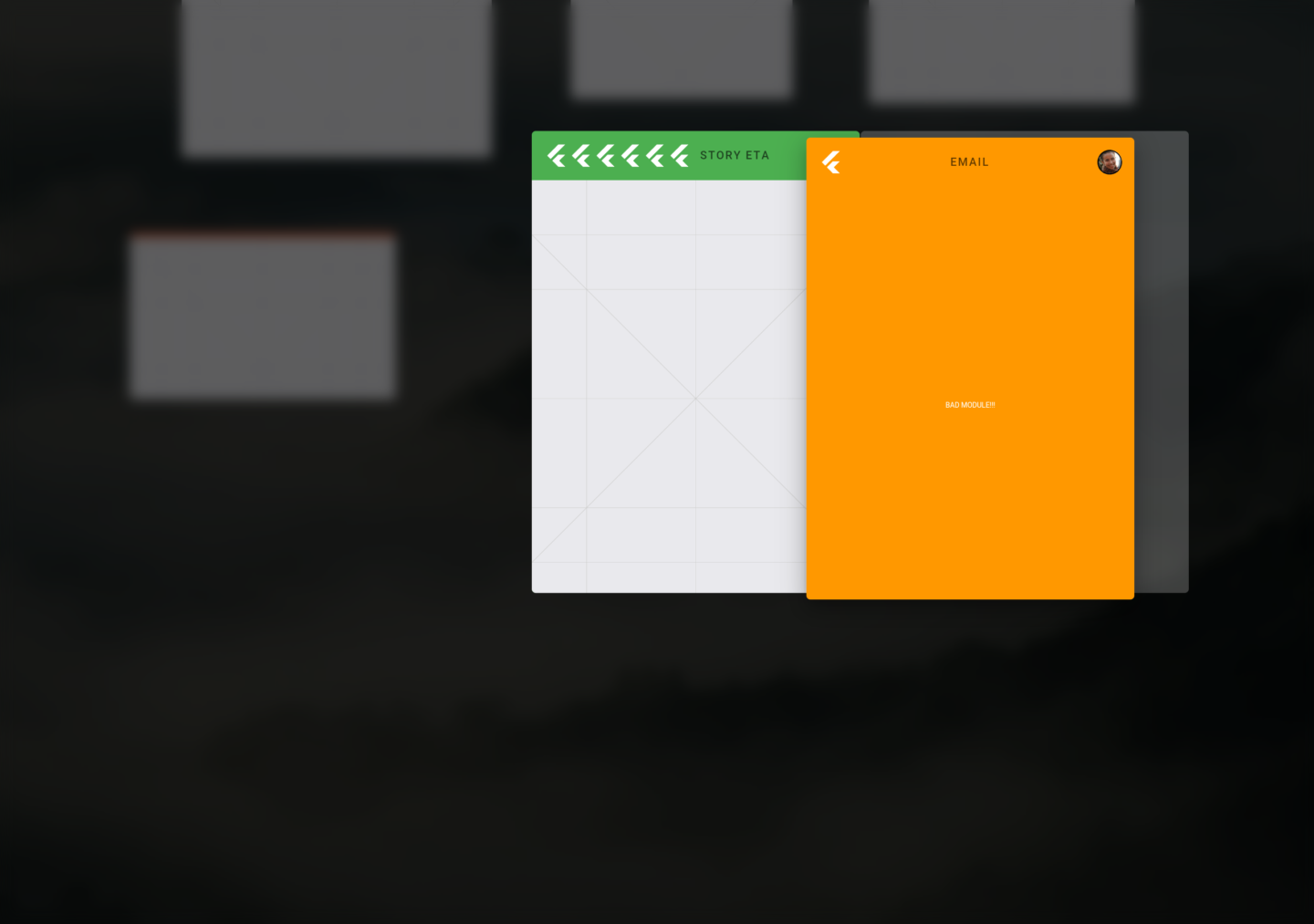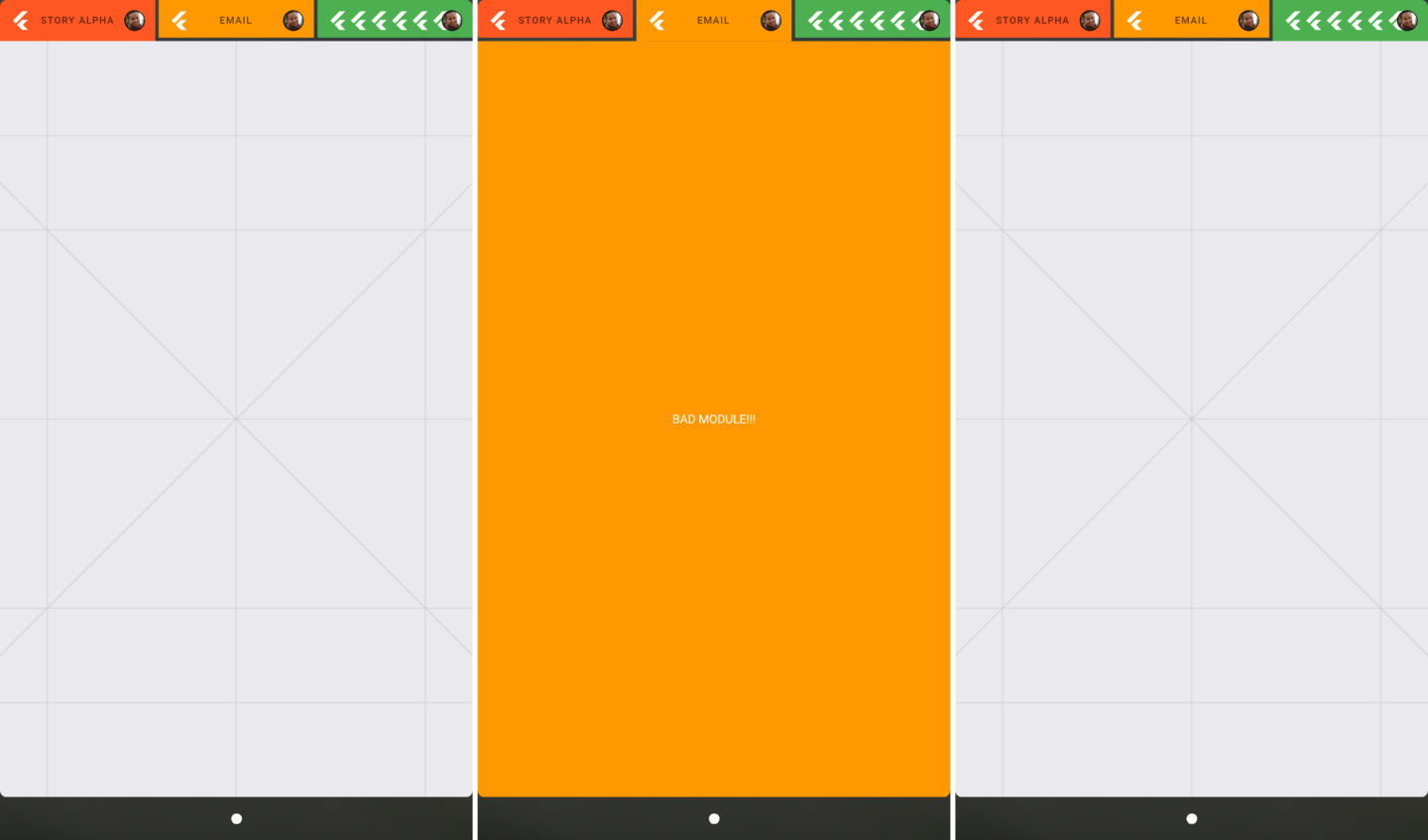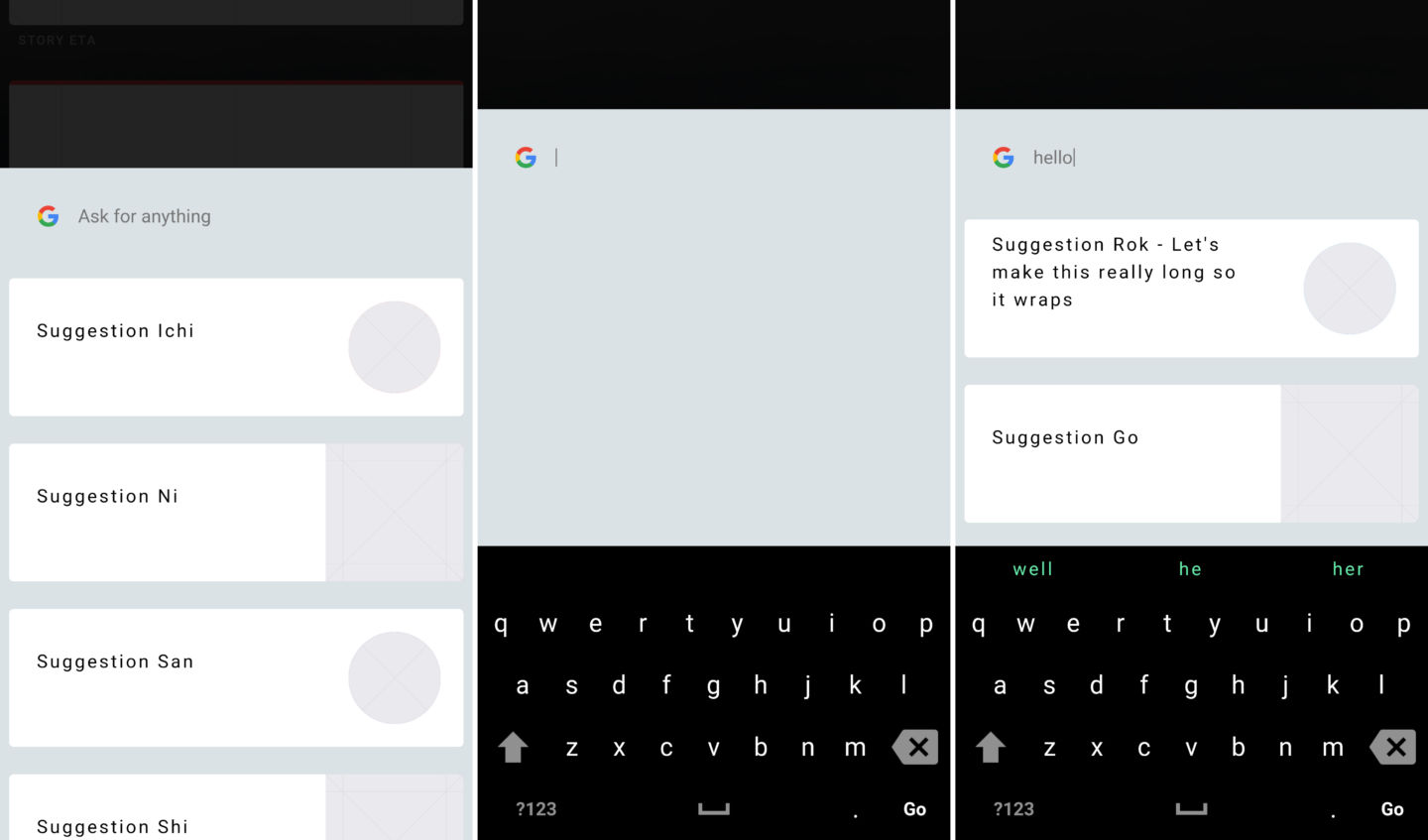Google currently has two operating systems – Android and Chrome. But at the same time, I know that the software giant is working on a completely new system that could one day replace it Android and maybe Chrome too. Until now, we have only heard various speculations about the system, but now the first images and videos have appeared that show the completely new user interface that Google is working on.
Fuchsia, as the new system is called, got into the hands of a foreign server Ars Technica, who compiled it and ran it as an application on Android device. The system is built on the Magenta microkernel, which was created by Google itself. This tells us that one company wants to say goodbye to Linux, on which both current systems are built, Android and Chrome OS.
Also good news for developers is the fact that Fuchsia's interface is built using Google's Flutter SDK, which allows programmers to use cross-platform application code that runs on Androidui iOS. So Flutter is the key so that programmers won't have to rework all theirs when Fuchsia arrives Android applications for the new system, as they will work on it as well.
Google named the system's user interface Armadillo, and as you can see in the images in the gallery above, the current one Androidu basically resembles only Material Design, otherwise it is a new concept. The basis is the Google account dominating the home screen, which serves as a scroll sheet. In it, the last open applications are located at the top (Story mode) and the area with search/Google Now at the bottom. If you click on the profile photo, you will see quick settings with time and battery indicator.
Fuchsia already supports tablet mode and extensive support for split-screen multitasking, where several windows from different applications can be stacked next to each other. Finally, there is also a custom system keyboard.
You can view the first videos capturing the system below. However, keep in mind that this is really only a test version, which was not even supposed to reach the public. The system still has a relatively long development path ahead of it, and it is not yet clear when it could see the light of day and thus appear in the first devices.
